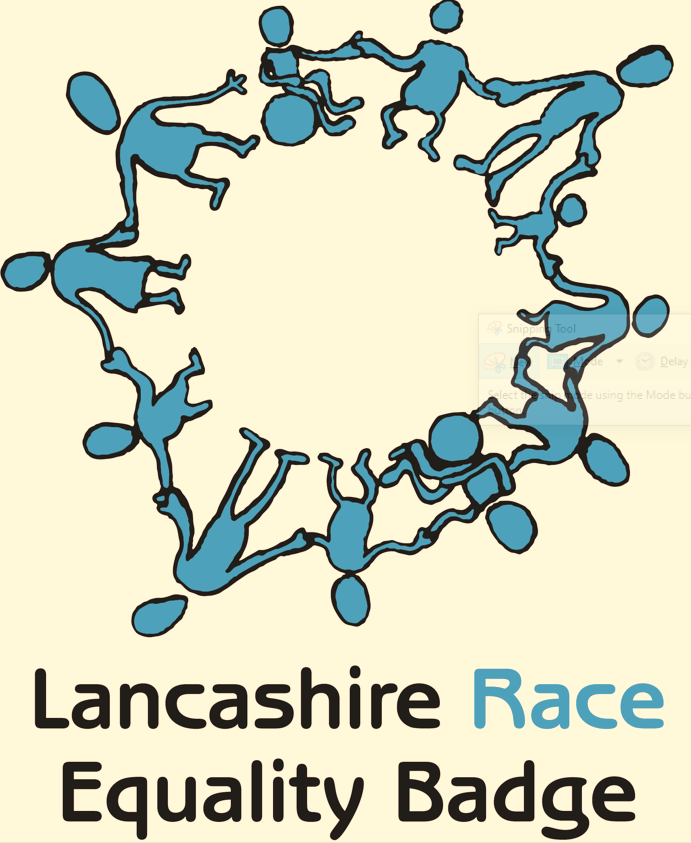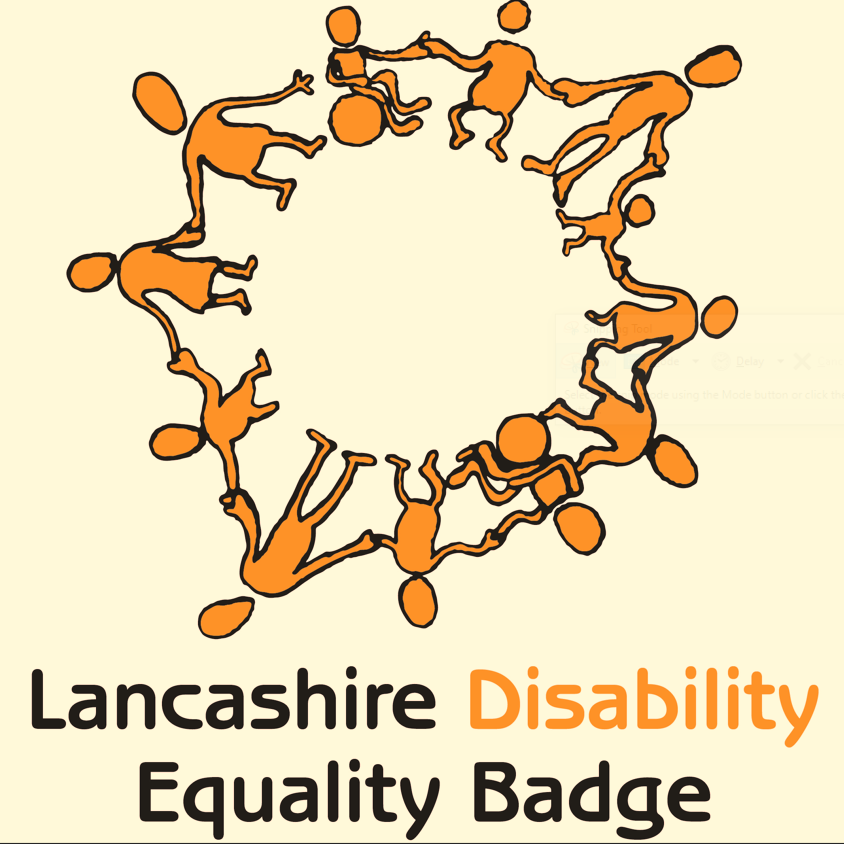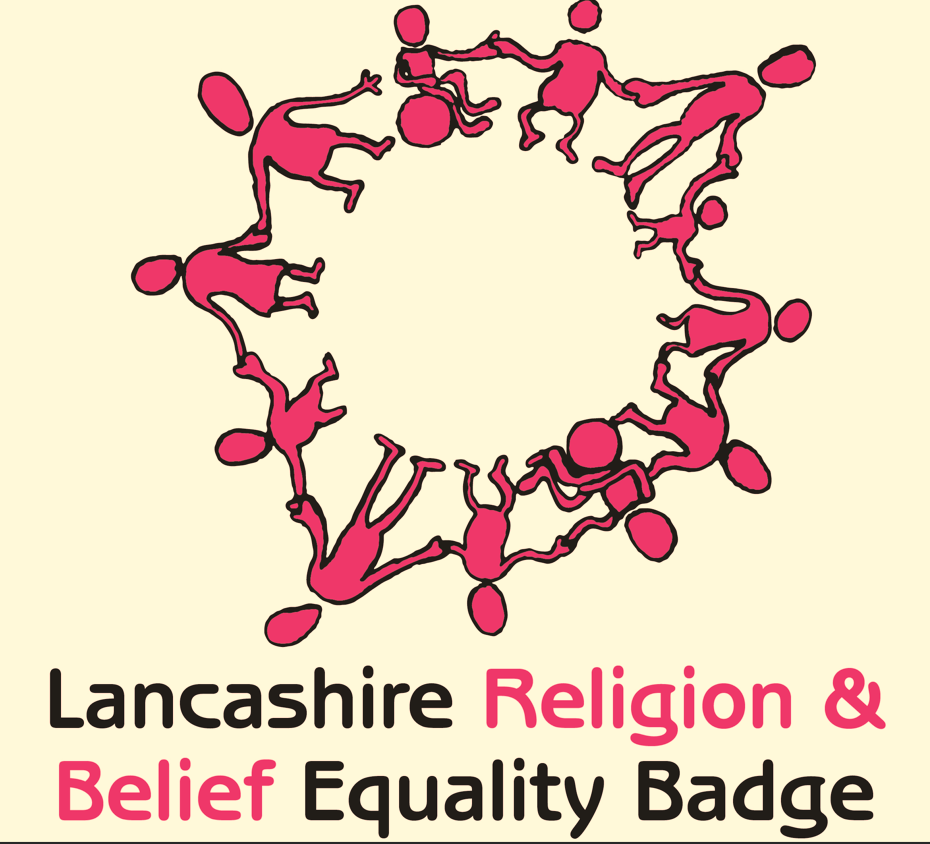Online Safety
The internet has changed all of our lives, particularly our children’s. For parents and carers this opens up a whole new world of things to be aware of. The internet can be a fantastic place for children and young people where they can talk to friends, be creative and have fun.
However, just like in the real world sometimes things can go wrong. If you or your child are worried or upset about something which has happened on the internet there is help out there. (http://www.ceop.police.uk )
In our schools, Safeguarding and promoting the welfare of children is everyone’s responsibility. Everyone who comes into contact with children and their families and carers has a role to play in safeguarding children.
Safeguarding action may be needed to protect children and learners from:
-
bullying, including online bullying and prejudice-based bullying
-
the impact of new technologies on sexual behaviour, for example sexting
Safeguarding is not just about protecting children, learners and vulnerable adults from deliberate harm, neglect and failure to act. It relates to broader aspects of care and education, including:
-
online safety and associated issues
The term ‘online safety’ reflects a widening range of issues associated with technology and a user’s access to content, contact with others and behavioural issues.
What does OFSTED say:
- Schools to work closely with all families to help them ensure that their children use new technologies safely and responsibly both at home and at school.
- Schools to provide an age-related, comprehensive curriculum for online safety that enables pupils to become safe and responsible users of new technologies.
- Schools to systematically review and develop their online safety procedures, including training, to ensure that they have a positive impact on pupils’ knowledge and understanding
What does the Computing Curriculum say:
- KS1: use technology safely and respectfully, keeping personal information private; identify where to go for help and support when they have concerns about content or contact on the internet or other online technologies.
- KS2: use technology safely, respectfully and responsibly; recognise acceptable/unacceptable behaviour; identify a range of ways to report concerns about content and contact.
https://www.slideshare.net/Ofstednews/childinternetsafetysummitonlinesafetyinspection
https://www.gov.uk/government/publications/keeping-children-safe-in-education--2
New Resource from ThinkUKnow
Play Like Share helps children to identify the signs of pressurising and threatening behaviour in an age appropriate way. This is explored through highly relatable characters and non-frightening peer-on-peer scenarios, where children recognise tactics such as flattery or bribery or that feeling you might get when something’s not right. The resources aims to develop children’s confidence and skills to respond to these situations and get help when they need it.
Writing Blogs
Why use blogs? Blog creates the opportunity to write for an audience which will in turn improve writing, online safety tips to remember:
- Only use your first name when commenting – no surnames.
- Relatives who leave comments are also asked to use their first name only or to post comments as “Ben’s Mum” or “Tom’s Grandad”.
- Keep safe – don’t reveal any personal information.
- Don’t use slang and no ‘text talk’ – write in full sentences and read your comments back carefully before submitting.
- Always show respect – be positive if you are going comment and always remember that the blog is an extension of our school that the rest of the world is able to see.
- Never pretend to be someone else on the blog.
- Don’t post photos or links to other websites unless you have permission from your teacher.
- Remember – all posts and comments are checked by school staff before they are approved.
Online Safety- TikTok
We are becoming increasingly aware that children are using the online app TikTok. Please see the poster below which explains some of the rules around TikTok and the dangers which are apparent within the app.






